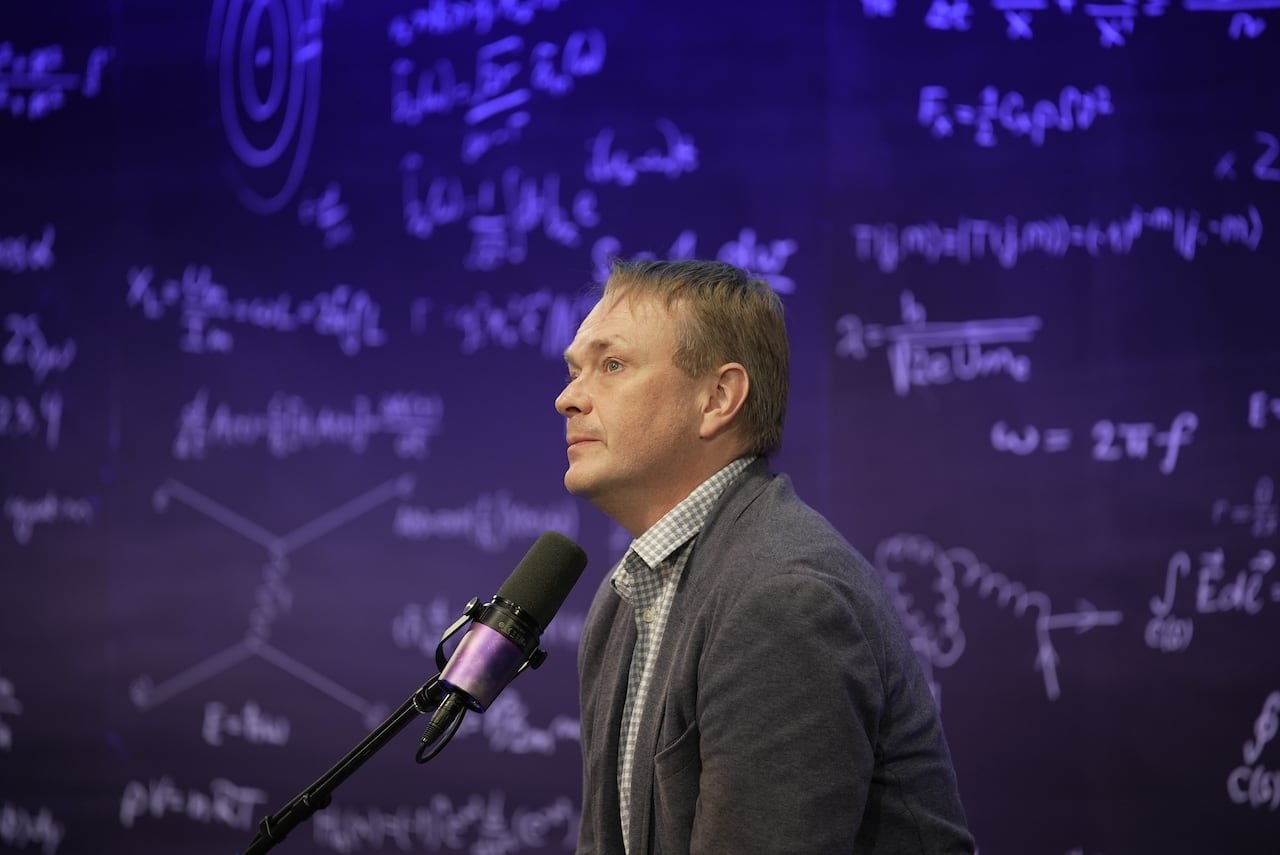
The last half-century has witnessed a remarkable transformation driven by groundbreaking scientific breakthroughs once deemed unattainable.
Revolutionary developments such as the internet’s ascent, the decoding of the human genome, and the rapid strides in artificial intelligence have reshaped our comprehension of the cosmos.
However, what lies ahead?
Marking the 50th anniversary of Quirks & Quarks, CBC Radio’s science program, host Bob McDonald engaged in discussions with six eminent Canadian scientists in a live audience setting at the Perimeter Institute for Theoretical Physics in Waterloo, Ontario.
Their goal was to envision the potential scientific frontiers in the next 50 years. From innovative approaches to agricultural practices to unraveling the enigmas of the universe, here is their take on the forthcoming advancements.
Revolutionizing Agriculture
Ensuring sustainable food production to meet global needs without surpassing the planet’s limits poses a significant challenge for the upcoming generation, as highlighted by Evan Fraser, the director of the Arrell Food Institute at the University of Guelph.
With the world’s population exceeding 8 billion currently and projected to reach 10.3 billion by the mid-2080s, the United Nations emphasizes the urgency of this issue.
Fraser pointed out that food and agriculture systems contribute about one-third of global greenhouse gas emissions, stemming from various stages of food production like livestock farming, crop cultivation, waste management, and transportation.

After five decades primarily dedicated to enhancing food productivity per acre, Fraser stressed that the next agricultural era must adopt a broader perspective, emphasizing sustainability, nutritional value, and climate change mitigation, not just production.
This transformation is already in progress. Drone technology is being utilized on Canadian farms to detect weeds shortly after emergence. Subsequently, another drone applies minimal herbicides, reducing chemical usage and safeguarding crops.
Innovations in soil management are also evolving, with the introduction of fertilizers utilizing microorganisms to assist plants in producing their nitrogen, thereby reducing the substantial energy consumption associated with traditional fertilizers.
Furthermore, the concept of “precision fermentation” is gaining momentum, where engineered microbes can generate proteins such as milk and pork fat, offering a more land, water, and energy-efficient alternative to traditional farming methods, thereby enhancing food security.
Combatting Climate Change
Addressing climate change, according to Laura Tozer, an assistant professor of environmental studies at the University of Toronto Scarborough, involves more optimism than envisioning an apocalyptic scenario.
Tozer advocates for a transition away from fossil fuels towards embracing renewable energy sources like wind and solar power, which she refers to as free energy. However, unlocking their full potential necessitates the modernization of power grids to better accommodate clean energy sources.
She envisions a future where clean energy seamlessly integrates into every Canadian household, powering rural residences and urban apartments alike with solar energy.


